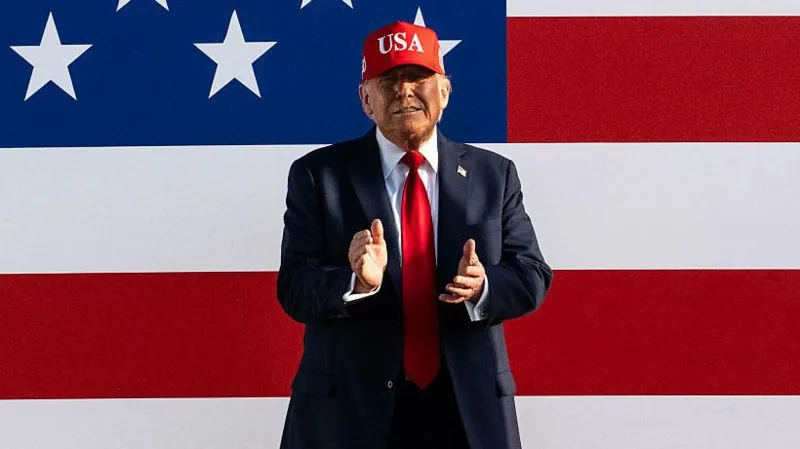President Donald Trump has unveiled a fresh wave of sanctions targeting Russia’s two largest oil companies Rosneft and Lukoil in an effort to ramp up pressure on Moscow to halt its war in Ukraine.
Speaking at the White House alongside NATO Secretary-General Mark Rutte, Trump said his repeated talks with Russian President Vladimir Putin had failed to produce meaningful progress. “Every time I speak to Vladimir, I have good conversations, and then they don’t go anywhere,” Trump said.
The announcement came just a day after Trump shelved a planned meeting with Putin in Budapest, citing Moscow’s continued attacks along the Ukrainian front lines. On Wednesday, Russia launched an intense bombardment on Ukraine that killed at least seven people, including children.
US Treasury Secretary Scott Bessent said the sanctions were essential to stop “Putin’s refusal to end this senseless war,” noting that Russia’s energy exports fund its military aggression. He urged an “immediate ceasefire.”
Trump described the sanctions package as “tremendous” and expressed hope that they could be lifted swiftly if Russia agreed to peace. Rutte praised the move, saying it was “putting more pressure” on Putin to act responsibly.
The sanctions mirror similar measures by the UK, which last week imposed restrictions on the same companies. British Chancellor Rachel Reeves said, “There is no place for Russian oil on global markets.”
Russia’s embassy in London condemned the sanctions, warning they would destabilize global fuel supplies and hurt developing nations.
Meanwhile, EU Commission President Ursula von der Leyen lauded the U.S. move, confirming coordination between Washington and Brussels. The EU also approved its 19th sanctions package, including a ban on Russian liquefied natural gas imports.
Trump reiterated his stance that peace should be based on freezing current battle lines, though Moscow insists Ukrainian troops must withdraw from the Donbas region.
As diplomatic efforts falter, the new sanctions mark Washington’s strongest attempt yet to push Moscow toward the negotiating table.

